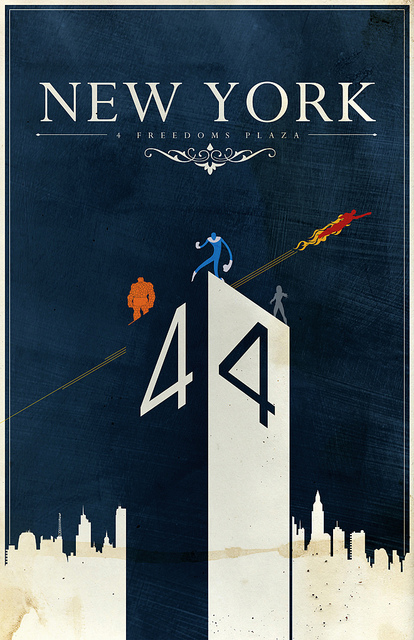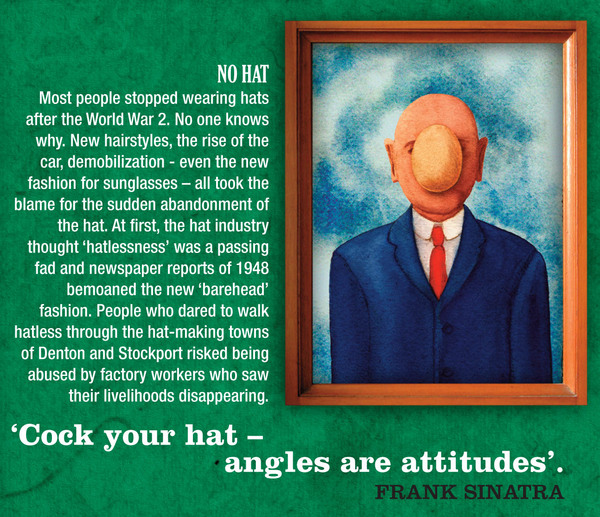The end of competition
The period of time I spent at the end of December consciously not working is one of the first where I wasn’t either (a) explicitly in competition with others, or (b) implicitly in competition with myself.
Competition can be good. It can be motivational and help us strive to be better / faster / stronger. But, too often, it can be damaging and cause us to act in ways that aren’t beneficial to ourselves or those around us.
I’ve been a gamer all my life and so the idea of beating myself (as a kind of ghost car) has always appealed to me. But, having reached the age at which almost every elite athlete has retired, I need to stop kidding myself that I’ll ever run a sub-20 minute 5k. That’s OK.
In addition, I’ve come to understand the approach my mother took to family board games when I was a child. She refused to play to win, instead making sure (as far as she could) that my sister and I never finished last. As a parent, I get that now.
A competitive approach to life is often justified by talking about “preparing young people for the real world”. It’ as if the so-called real world is red in tooth and claw. In my experience that’s not the case; the ‘real world’ is more focused on collaboration than competition.
So, perhaps we’ve got things backwards. Maybe the reason adult life involves competition is not because of the nature of the ‘real world’ but because capitalism demands competition, and so we bake it into childhood.
All of this has made me realise that while competition still has a role in my life, it’s a diminished one. I need to put it back in the box where it belongs, to be taken out where appropriate.
The rest of the time, I should be collaborating, helping bring attention to those who deserve it. That’s instead of (and it pains me to admit it) seeking the reassurance of “doing better” than others. We’re all in this together, after all.
This post is Day 82 of my #100DaysToOffload challenge. Want to get involved? Find out more at 100daystooffload.com.




